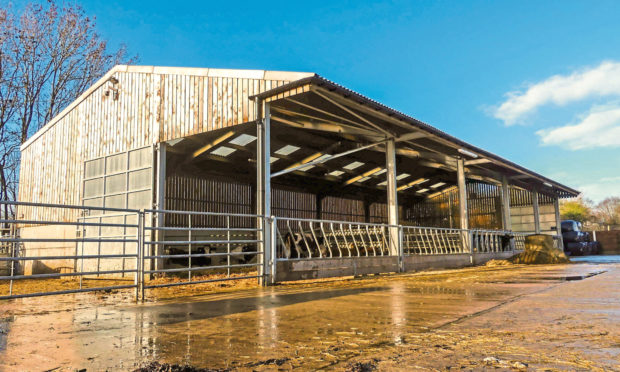The Scottish Government recently released a consultation on proposed changes to planning law intended to boost rural business development and diversification.
The proposals relate to permitted development rights which remove the need to apply for planning permission in certain cases, usually for minor developments or changes associated with an existing development.
The proposed changes are:
1. To increase the size of agricultural sheds which fall within the scope of permitted development rights so they reflect the industry today.
If implemented, the changes will almost double the size of new agricultural buildings that may be erected under permitted development rights (subject to prior approval) and double the size of extensions to existing agricultural and forestry buildings that may be carried out without requiring prior notification.
2. To allow the change of use of an agricultural building to one or more residential dwellings or to commercial use.
This will be subject to acquiring the necessary building warrants for the development and is aimed at supporting the provision of new homes in rural areas and creating opportunities for diversification.
Following the consultation, further information from the Scottish Government is awaited on the proposals.
Meanwhile, the Tenant Farming Commissioner’s new code of practice on conducting rent reviews for agricultural tenancies aims to ensure that interactions between landlord and tenant are conducted in a “spirit of mutual respect and understanding”.
The code distinguishes between:
1. Legal requirements which are indicated by the use of “must”.
2. Steps which if not taken may result in a breach of the code which could be investigated by the Tenant Farming Commissioner, indicated by “should”.
3. Good practice which, if not followed, will not result in a breach of the code, indicated by “recommends”.
The code outlines five key principles:
1. A rent review should be regarded as a negotiation based on an objective and transparent consideration of available evidence with a view to reaching an agreement which is fair and realistic for both parties. It should not be a “take it or leave it” situation.
2. Rent must only be charged on land and fixed equipment provided by the landlord. Parties should disregard any potential income contribution attributable to a tenant’s improvements and fixtures.
3. Proposals and counter proposals should be presented in a fully transparent form and contain enough detail to allow each party to understand and verify calculations.
4. If comparable rents are offered as evidence, they must be transparent and adjusted to account for the difference between the holding being compared and the holding where the rent is under review.
5. Each party should be allowed enough time to give full and careful consideration to proposals made by the other.
Any improvements made to an agricultural holding during a tenancy should be recorded to ensure the correct compensation is paid by the landlord.
There are numerous reasons the record might be unavailable or incomplete and this could lead to issues.
The Scottish Government’s recognition of this led to the amnesty on tenants’ improvements which started in June 2017 and provided a procedure to allow the landlord and tenant to agree a definitive record of improvements.
It will finally end on December 12. With this pressing deadline, parties should work together to reach an agreed position before time runs out.
Zoe Irving is a land and rural solicitor with Thorntons.










